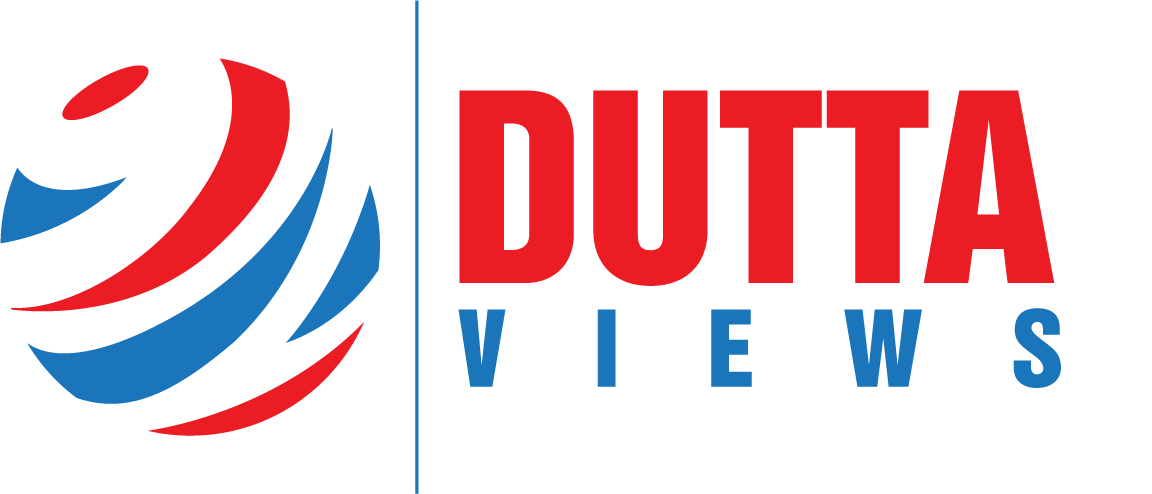Follow Us on Google News
The Securities and Exchange Board of India (SEBI) announced on Wednesday changes in regulations governing Alternative Investment Funds (AIFs) in a move to standardize provisions for the valuation of investments and dematerialization of units. The amendments also include changes in rules governing certification requirements for key employees of Investment Manager, transactions with associates, and an option to sell unliquidated investments to a new scheme of the AIF.
Under the amendments, the SEBI Board has approved proposals to specify a framework for AIFs to carry out valuation of their investment portfolio. The new rules will also spell out the eligibility criteria of the independent appraiser for valuing the investment portfolio of AIFs.
Valuation of investment portfolios of Category III AIFs in unlisted securities and listed debt securities will be carried out by an independent valuer, and managers of AIFs will be responsible for a true and fair valuation.
The Board also approved a proposal to mandate that all new schemes going forward and existing schemes of AIFs with a corpus of more than Rs 500 crore will dematerialize their units by October 31, 2023. Existing schemes of AIFs with a corpus less than Rs 500 crore shall dematerialize their units by April 30, 2024, for ease of monitoring and administration by stakeholders and for the purpose of investor protection against operational and fraud risk.
To replace the existing minimum experience requirement as an eligibility criterion for the key investment team of the Manager of the AIF, the Board approved a proposal for a comprehensive certification requirement. The certification requirement will also apply for the compliance officer of the AIF.
A proposal to mandate obtaining approval of 75% of investors by value for buying or selling of investments potentially involving conflict of interest was also approved. The provision would cover transactions by an AIF, from or to, associates of AIF, or schemes of AIFs managed or sponsored by the manager or sponsor or their associates, or an investor who has a commitment to the extent of more than 50% of the corpus of the scheme of AIF.
The Board approved a proposal to allow AIFs to either sell unliquidated investments to a new scheme of the same AIF (Liquidation Scheme) or distribute unliquidated investments in-specie, in the prescribed manner, and subject to approval of 75% investors by value, to provide flexibility to AIFs to deal with investments which are not sold due to a lack of liquidity during the winding-up process. In case an investor is not willing to take in-specie distribution, such investment shall be written off.
These amendments aim to bring more clarity and uniformity in the functioning of AIFs and make the process of valuation and dematerialization more transparent and accountable.

